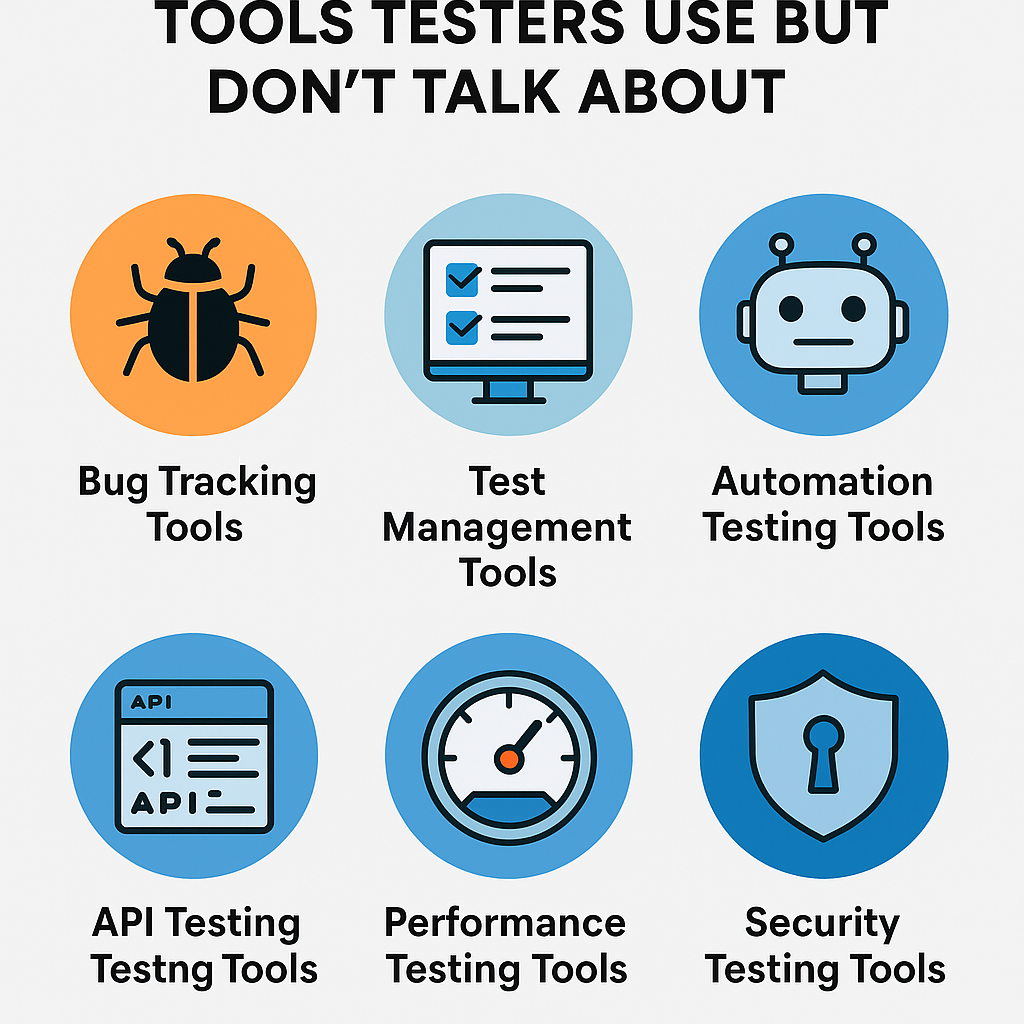Welcome to Selenium Online Course
Handling JavaScript alerts in Selenium involves identifying when an alert is present, interacting with the alert, and performing actions accordingly. JavaScript alerts can be of three types: alert boxes, confirmation boxes, and prompt boxes. Here’s how you can handle each type using Selenium WebDriver:
- Alert Boxes:
- Alert boxes display a message with an OK button. You can use the
switch_to.alertmethod to switch the WebDriver focus to the alert and then accept it by using theaccept()method.
- Alert boxes display a message with an OK button. You can use the
- Confirmation Boxes:
- Confirmation boxes have two buttons, OK and Cancel. You can accept or dismiss the confirmation box based on your test scenario.
- Prompt Boxes:
- Prompt boxes are similar to confirmation boxes but also include an input field where the user can enter text. You can send text to the prompt box using the
send_keys()method and then accept or dismiss the prompt box.
- Prompt boxes are similar to confirmation boxes but also include an input field where the user can enter text. You can send text to the prompt box using the
Remember to handle alerts only when they are expected to appear. If an alert is not present, and you try to switch to it, Selenium will throw a NoAlertPresentException. You can use a try-except block to handle this exception gracefully.
Related Courses:
Master of Selenium WebDriver Automation Testing Training
https://www.qaonlinetraining.com/testing-trainings/master-of-functional-automation-testing/
Master of Manual Testing + Automation Testing Training program
https://www.qaonlinetraining.com/courses/software-testing-courses/qa-online-training/
Mobile Testing with Appium Training Program
https://www.qaonlinetraining.com/testing-trainings/mobile-testing-with-appium-training-program/












